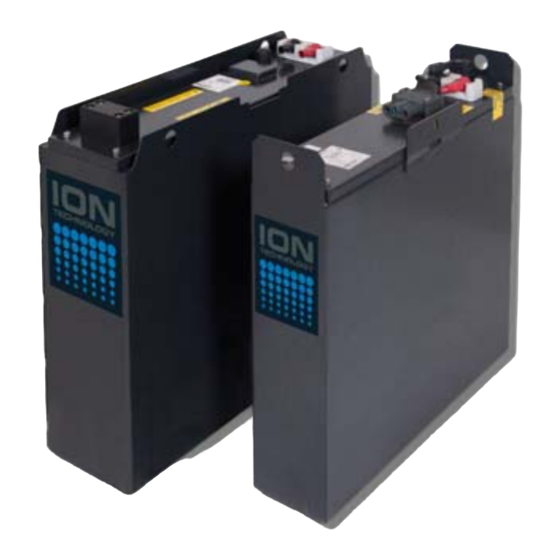
Still EXD 20 Original Instructions Manual
Lithium-ion batteries
Hide thumbs
Also See for EXD 20:
- Original instructions manual (144 pages) ,
- Original instructions manual (146 pages)









Need help?
Do you have a question about the EXD 20 and is the answer not in the manual?
Questions and answers